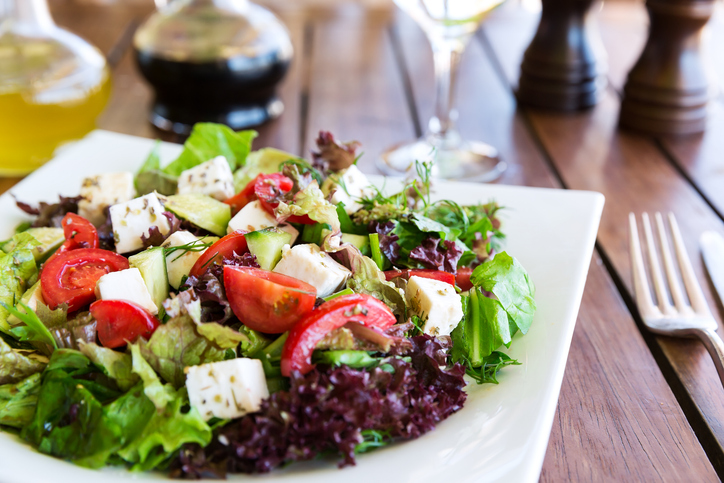Any cuisine is a journey through history, culture and tradition and the Greek cuisine is no different in that respect. The journey of Greek cuisine is particularly interesting due to its regional diversity, global influences, wars and invasions. This is the brief story of that journey.
The Ancient Greeks – 1200 BC to 600 AD
Greek cuisine has adapted over centuries. The ancient Greeks, more than 3,000 years ago, grilled, roasted, and baked using Mediterranean staples, such as olives, grapes, wheat, and honey, all of which remain the foundation of Greek cooking today. Influences from neighbouring cultures introduced new ingredients like spices, herbs, and exotic fruits.
Byzantine Influences – 300 AD to 1500 AD
The Byzantine Empire brought rich sauces made using a variety of ingredients like olive oil, wine, vinegar, herbs, and spices. Byzantine bakers perfected the art of pastry making and their influence gave rise to pastries like baklava and bougatsa.
Ottoman Influences – 1500 to 1821
The Ottoman era brought exotic spices, like cinnamon, cloves, and allspice and aromatic herbs, such as mint, oregano and dill. Slow cooking was a hallmark the Ottomans. Stews simmered for hours, allowing flavours to intensify. Meats roasted on spits over open fires. These influences gave rise to iconic Greek dishes such as moussaka and souvlaki.
Greek War of Independence – 1821
The Greek War of Independence was a successful revolution against Ottoman rule. Greeks now celebrate Independence Day on 25th March every year. Being free from the Ottomans sparked a quest for renewed national identity, including a kind of culinary renaissance. Chefs and home cooks alike sought to preserve and celebrate their culinary heritage, seeking out traditional recipes and ingredients that had been passed down through generations. It is traditional to eat Salted cod on Independence Day.
20th Century to present day
The 20th century saw the emergence of a vibrant food culture that celebrated the country’s diverse culinary heritage. Traditional dishes like moussaka, souvlaki, and spanakopita regained popularity.
Today, Greek cuisine continues to evolve and innovate, drawing on centuries of tradition while embracing modern culinary trends and influences. Whether enjoyed in a bustling taverna in Athens or a Greek restaurant halfway around the world, the flavours of Greece remain a testament to the country’s rich history, culture, and spirit of resilience.
Speaking of bustling tavernas in Athens. Our Athens food tours take you around the busy streets of authentic Athens and into traditional shops, markets, and tavernas. For a unique and authentic experience of downtown Athens, book one of our food tours here: https://foodaroundathens.com/traditional-greek-food-tour-in-hidden-athens/





